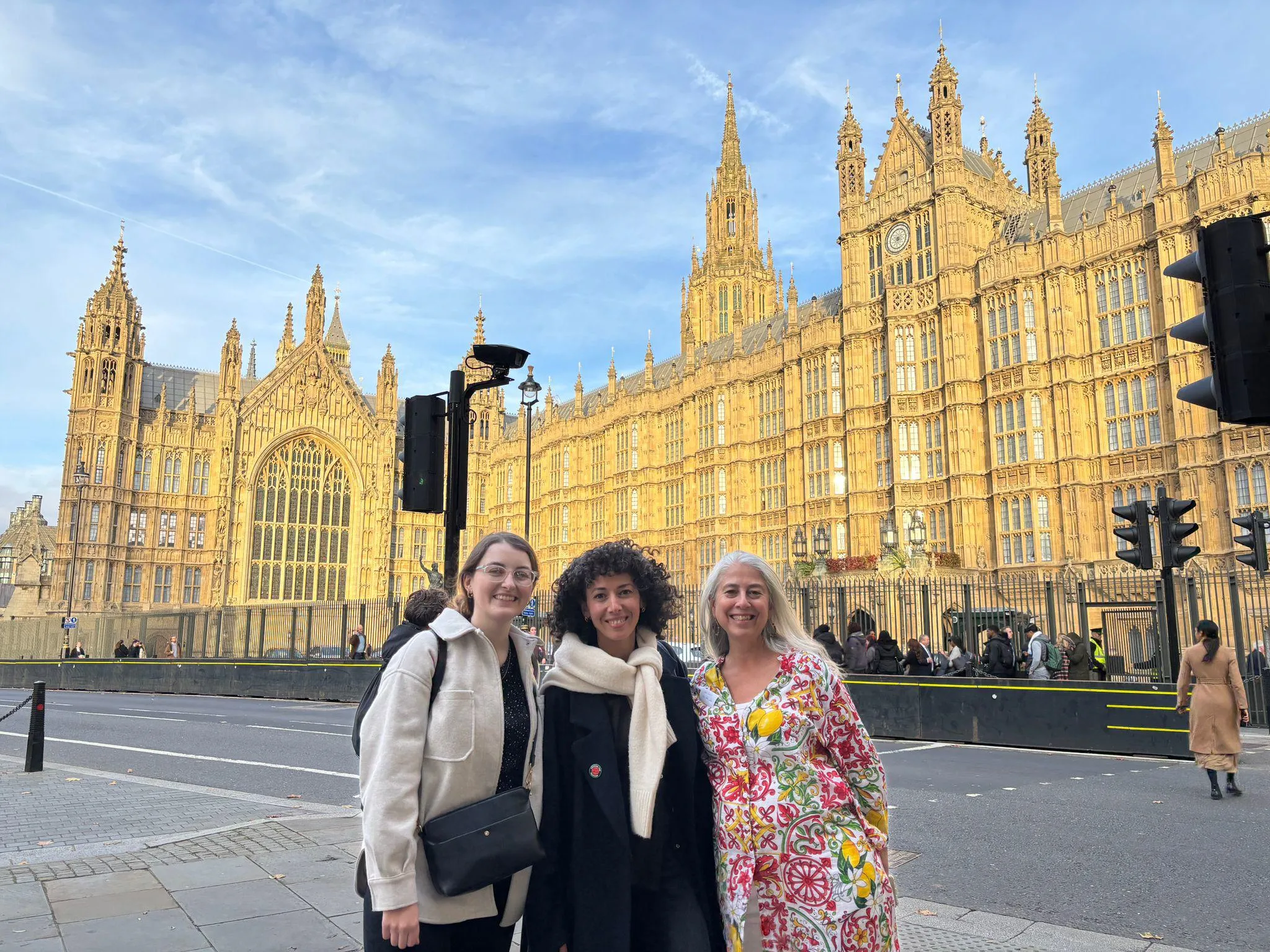26 November 2025
Young people who do not want to go to university lack support from schools and policy
Young people who don't want to go to university are being neglected by schools and policy due to a 'hidden curriculum' that values academic routes over vocational ones.

Better provisions need to be made to support young people who are interested in non-traditional post-school pathways, researchers and young people say.
The study has found that young people who don't want to go to university feel neglected by schools, commenting on the prevalence of a culture that considers university to be the most valuable pathway after school, despite data showing that vocational pathways lead to deeper satisfaction in life. This culture causes young people to feel unseen at schools, leading to disillusionment in classrooms, lower academic achievement and as well as an evident lack of careers advice at schools.
The ESRC-funded study called Young Lives, Young Futures spanned six years and included a survey of over 10,000 young people across the UK and 500 in-depth interviews to capture the voices of a wide range of young people living in different environments. The project has made striking findings into the nuances of post-16 vocational opportunities, filling the gaps in existing research done in this area.
Recommendations to improve opportunities for young people includes transforming organisational cultures in schools and workplaces, eroding job-status hierarchies and moving towards a whole-systems approach.
Although data proves that young people’s quality of life is higher when undertaking an apprenticeship, this route is not readily promoted in schools nor generally accepted as a viable pathway. The obtainability of apprenticeships is also critiqued in the report, with researchers finding that the demand for apprenticeships is much higher than the opportunities available.
Participants in the study comment on a disproportionate emphasis being placed on academic achievement as a gateway to a successful career after leaving school. This quantitative outlook of assessment creates a discouraging environment for youth, who are less likely to enjoy school and therefore perform lower than academic high achievers. This emphasis means that many students with high aspirations and creative skills that are not valued by the hidden curriculum of school’s face greater barriers to achieving success.
The report also highlights significant disparities between the experience of lower and middle end of the labour market looking for vocational transitions after school, exposing a glass/class ceiling similar to the one that is shown in Sam Friedman and Daniel Laurison’s (2019) research that operates to limit access to the elite professions for people from working-class backgrounds. Findings from the YLYF suggests that this parallel ceiling leaves many young people trapped in low wage, low quality jobs, unemployment or in a cycle of unemployment, low quality apprenticeships and low-quality casual or temporary work.
The findings were recently presented at a reception at the House of Lords, where the project team hoped to emphasise the need for reform to policymakers, members of Parliament and member of the House of Lords. A summary of the study’s findings can be found on the project website.







